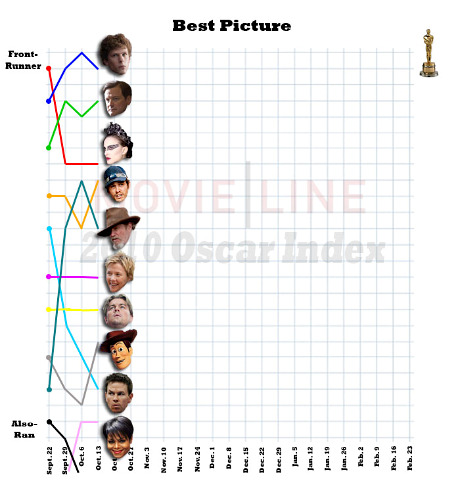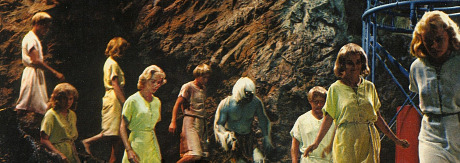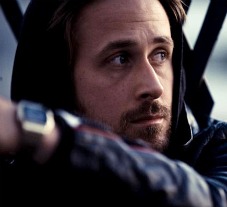Vince Vaughn‘s 10.14 statement about the “gay electric cars” joke in that now-reedited trailer for Ron Howard‘s The Dilemma was a little too grim and butt-plugged. We wanted to hear that guy in The Wedding Crashers do a free-associating riff and lay it down in a kind of motor-mouth style. Instead Vaughn sounded constipated. He was saying what his people told him to say rather than what he really thinks.
“Let me add my voice of support to the people outraged by the bullying and persecution of people for their differences, whatever those differences may be,” Vaughn’s statement reads. “Comedy and joking about our differences breaks tension and brings us together. Drawing dividing lines over what we can and cannot joke about does exactly that — it divides us. Most importantly, where does it stop?”
Here’s what Vaughn should have said: “If you want to write funny and make people laugh, you have to speak in common everyday terms. Trust me, I know what I’m talking about…okay? And as much as I agree with the need to condemn hate speech in all its forms, beefy guys who slurp beers in Chicago bars during happy hour understood and laughed (or at least snickered) at that line. And those beefy guys are okay people in my book. Decent, bill-paying, fair-minded schlubby types who don’t want any kind of hate in their lives or in their heads.
“The line I spoke simply meant that electric cars aren’t studly or swaggery enough in a Clint Eastwood sort of way — that’s all. The line wasn’t putting down gay people or implying anything negative. It simply meant that the thinking and the symbolism behind electric cars them is a little bit guilty and constricted and regimented in a p.c. kind of way, however necessary and eco-friendly those cars happen to be, and that Steve McQueen would never drive one.
“That’s all it was. Just a joke that average people who are totally down with Anderson Cooper and are not homophobes happened to get. The Thought Police don’t like to hear this, but funny is what people laugh at.
“The other day Jeffrey Wells took some heat for saying there are two definitions of gay. The first simply means being homosexual, and the second means a cross between p.c. overdosing and lacking a certain guy-ness — a kind of sloppy apartment, softball-adept, baseball-hat wearing, hot-dog-eating, Jack Lord in Hawaii Five-O quality. The second definition of ‘gay’, Wells said, is reflective of a certain gelatinous, salad-eating metrosexual thing — a ‘watch your language and be respectful of others and watch your attitude’ attitude. We all know what he was talking about even if if some of you say that you don’t. Leave that shit outside when you’re talking to me…okay? No offense.
“Some said no to Wells. They said there is only one definition of gay and splitting the definitions is denigrating gays all the same. Okay, maybe so. We’re not assholes and we don’t want to imply or pass along harmful things so maybe we’ll just cut the fucking line out of the film. But there’s something just a teeny bit Soviet about what I’ve been hearing.
“Can I be honest? Can I just say it? Fuck it — LexG said it better than I can: ‘Going green is gay, energy-efficient vehicles are gay, and sandals are incredibly gay. And saying that isn’t on par with dragging Brandon Teena into a cornfield, and does not even remotely in any microscopic way contribute to actual homophobia or hate speech.’ But we’ll probably lose the line anyway because we don’t want to be seen as dicks, and I’m sure we can all rest easy that because a two-second snippet has been cut from the trailer and — this is Ron and Brian’s call — the film itself.”





